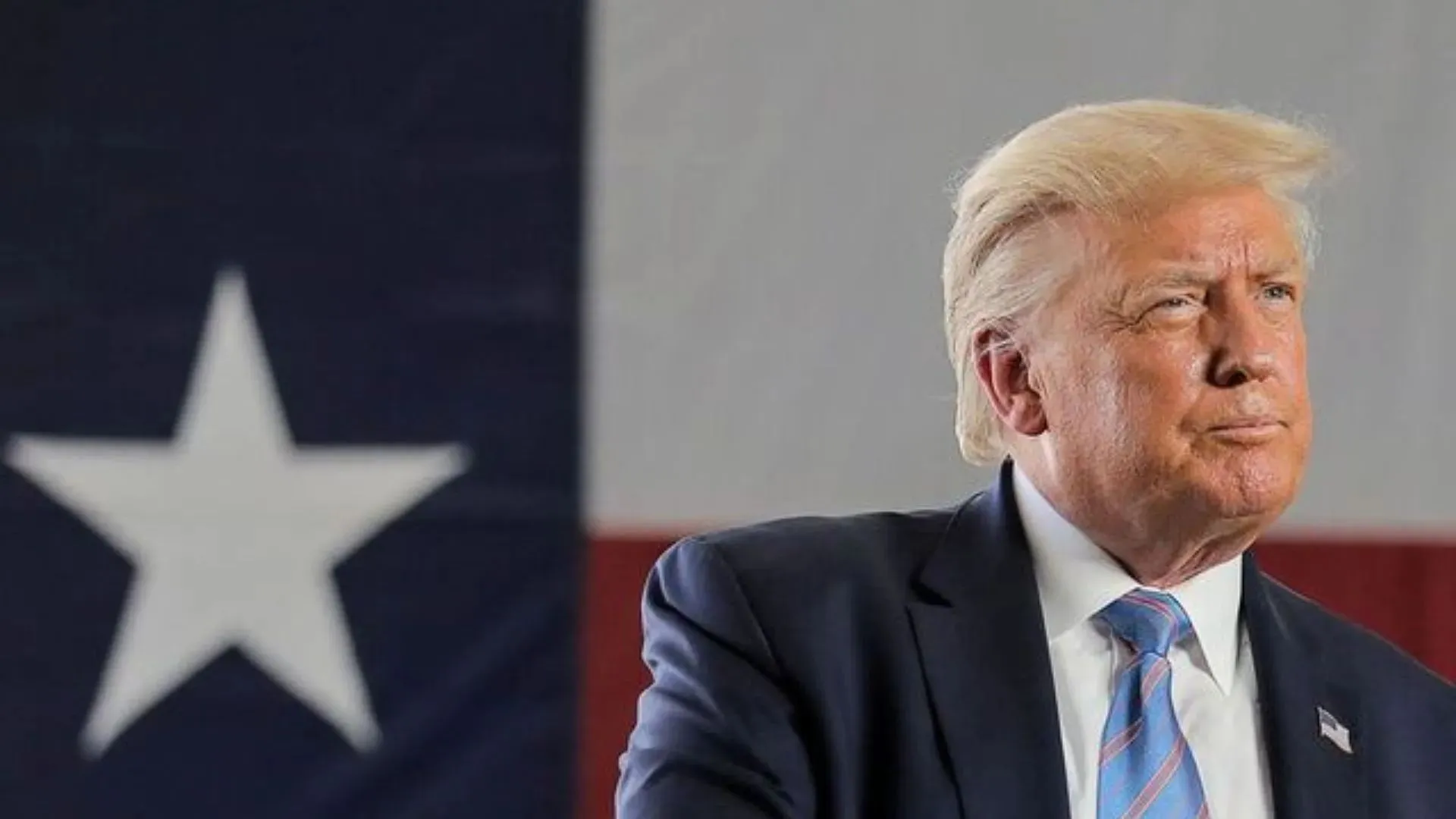The world watches through the economic recession being announced across the continents with unimaginable but discrete hegemony of the billionaires in the policy making realms. Everyone understands the invincible network of casino capitalism stipulating every move towards making the best use of technological tools and policy mechanisms to sideline welfarism in politics. There seems to be an illegal nexus of a few billionaires with the political supremos to create a mutually beneficial policy outlay and implementation without the knowledge of the general public across the world. Corporate syndicates determine the nature of changes sweeping through business forecasts. It is tough battle for the small and medium scale sectors to survive the business imperialism of the corporate giants. Nobody dares to talk about it.
Corporate welfarism has become the most inevitable agenda of several politicians cutting across their ideological polarities. It is obvious to see how corporates engage continuously in modifying consumer behaviour and their buying patterns through emotional marketing strategies and ad campaigns. The creation of corporate campaigns on image management has been in the currency for some time to advocate the changing policy mechanisms of various nations wherein the real-time challenges and sufferings of the people have not absolutely found a way through the transformative model of world governance.
Liberalization has decentralized the government hold over various services but to a great extent, privatization has certainly benefited a few billionaires more than that of the vast majority of the middle class across the world. Initially, economic liberalization eased the ways for the foreign direct investment to flow into the nooks and corners of a country. At some point of time, the corrupt political system has allegedly used the route of foreign direct investment to bring back all their illegal accumulations in various forms.
It is true to acknowledge the fact that the world is caught up between the expansionism of the left and the right-wing politics. Liberal democracies do not seem to be at the helm of affairs, but the emergence of debt diplomacy is to be seen as the hegemony of economic supremacy of China at the centre stage. However, China has rendered its support to several Asian and African countries when others have failed to support them through any meaningful economic aid. There is a very serious concern in southern India over the Chinese presence in the northern part of Sri Lanka. The Chinese crew may try to use drones or any other intelligence gathering mechanisms from Sri Lanka at the moment. The coastal security of India remains significant to safeguard its naval security and prevent any kind of illegal incursions.
Several industrialists may privately agree with anyone about how Chinese technology giants sweep through every new opportunity by replacing high quality products of USA, Japan, South Korea, Germany and others with their cheap products. China has been working steadily to establish a new world order with its swift lending of about 250 billion dollars at a higher rate of interest (approximately at 8.5%) for several countries during the last few years. Fortunately, Japan has supported several low- and middle-income countries by lending 150 billion dollar at 0.5% interest rate for more than a decade.
Most of the insurmountable challenges of the pandemic have already been overcome by the Chinese economy in a big way. The consumerist market expansion of their products happens to indicate that they are steadily marching towards economic supremacy. It seems to be otherwise in the case of USA, Europe and other Asian countries. The World Innovation Index-2022 ranks the top ten countries as follows: Switzerland, USA, Sweden, the UK, Netherlands, Republic of Korea, Singapore, Germany, Finland and Denmark. However, a few of the Chinese companies seem to be extremely good at reverse engineering and replication of any new technology in a short period.
There have innumerable conflicts taking place everywhere in the name of race, religion, language, creed and nationality. The post-modern craving for the primordial conflicts will certainly end up in the discourse of fragmentation. The policies on child education and healthcare of the refugees remain a matter of grave concern for human rights groups across the world. The social life of the entire conflict zone becomes chaotic with existential threat and heinous war crimes may go unnoticed and the voiceless multitudes may face hopelessness and dejection beyond any rehabilitation process funded by charities and others.
India remains neutral in the multipolar world by looking at the evolving discourse of peace without getting hoodwinked by the political derangements in the negotiations taking place between Russia and Ukraine. The politics of weapon manufacturers dwells on the death of peace rather than the realistic assessment of excruciating pain and unutterable sufferings of people living in the conflict zone. It may not be a long time for India to be a world leader advocating peaceful co-existence and social harmony among various ethnic groups across the continents.
The politics of war over peace rules the highest echelons of world governance, wherein the disappearance of peaceful societies may alter the entire eco-system of the world in food production and cause certain inexplicable genetic disorders among the infants. Nuclear warfare is dangerous and possibly destroys the fertile soil of Europe and its food supply chain. It could result in billions of people going hungry everyday as the corporate farming sector and food processing industries might completely vanish when there is little profit. It is in the interest of humanity that we need to protect indigenous farmers and their farming practices.
The race for world supremacy has begun among the super powers of the world without taking into account the long-term considerations of the human well-being. Corporate welfarism of the weapon manufacturers seems to be at the forefront rather than indispensable human welfare. The world leaders need to contemplate on a robust policy mechanism for world peace by making India and other peace-loving nations permanent members of the UN Security Council.
Mangalaprathaban Muralidharan is a corporate trainer, course developer and curriculum consultant.















